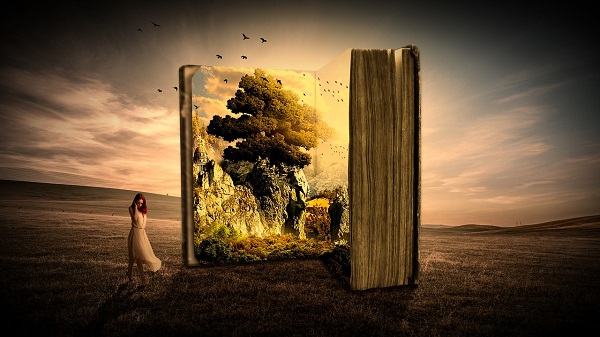
“Storytelling is the most powerful way to put ideas into the world today.”

I finally got my hands of a copy of The Dangerous Summer, Ernest Hemingway’s account of his return to Spain fifteen years after the Nationalists took over. Having visited Republican forces during Spain’s bloody civil war, and authoring the best-selling novel For Whom The Bell Tolls, which gave a sympathetic account of the Republican cause, visiting Spain was risky for Hemingway.
It was the last book the world-famous author wrote. I’m half-way into it, and find it not only enjoyable, but enlightening. Hemingway is as lucid and vivid as ever as he describes the Spanish countryside, the fine food and drink, and, of course, the bull fights. He seems to be more relaxed and open in this work. I suspect he was no longer focused on solidifying his legacy, and was able to loosen up a bit and make his account more conversational.
Early on, I was reminded of this statement from another author, Elmore Leonard:
“My biggest influence at the very beginning was Hemingway. I grew up reading Hemingway—I loved him. When I was writing westerns, I would open For Whom the Bell Tolls anywhere, because they are in the mountains with horses and guns. I got in the mood. But then I realized that Hemingway didn’t have a sense of humor…”
Leonard apparently never read The Dangerous Summer. Hemingway, aware of his reputation for backing the losing Republican side, approaches the Spanish frontier with a little apprehension, uncertain how the Nationalist regime will react. From The Dangerous Summer:
“Then we left for the frontier. It was grim at the inspection post too. I took the four passports in to the police and the inspector studied mine at length without looking up. This is customary in Spain but never reassuring.
‘Are you any relation of Hemingway the writer?’ he asked, still without looking up.
‘Of the same family,’ I answered.”
Who says Ernest Hemingway lacked a sense of humor?

“It’s a human need to be told stories. The more we’re governed by idiots and have no control over our destinies, the more we need to tell stories to each other about who we are, why we are, where we come from, and what might be possible.”
Alan Rickman